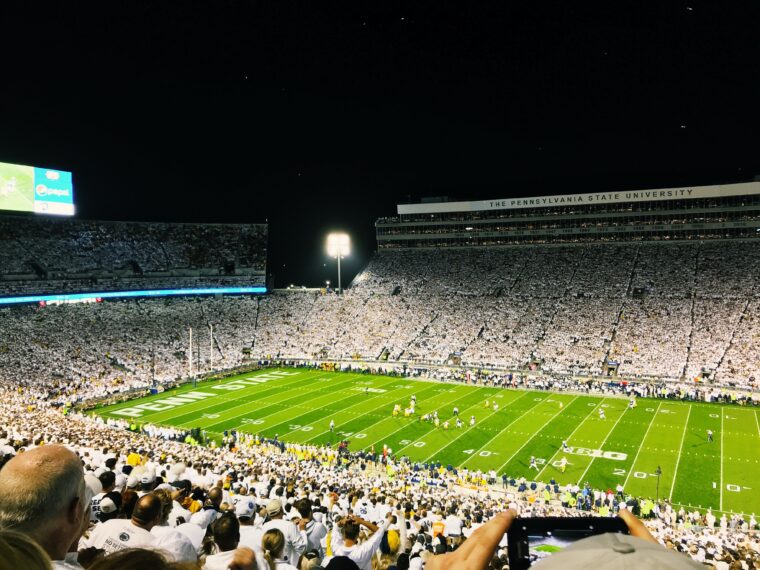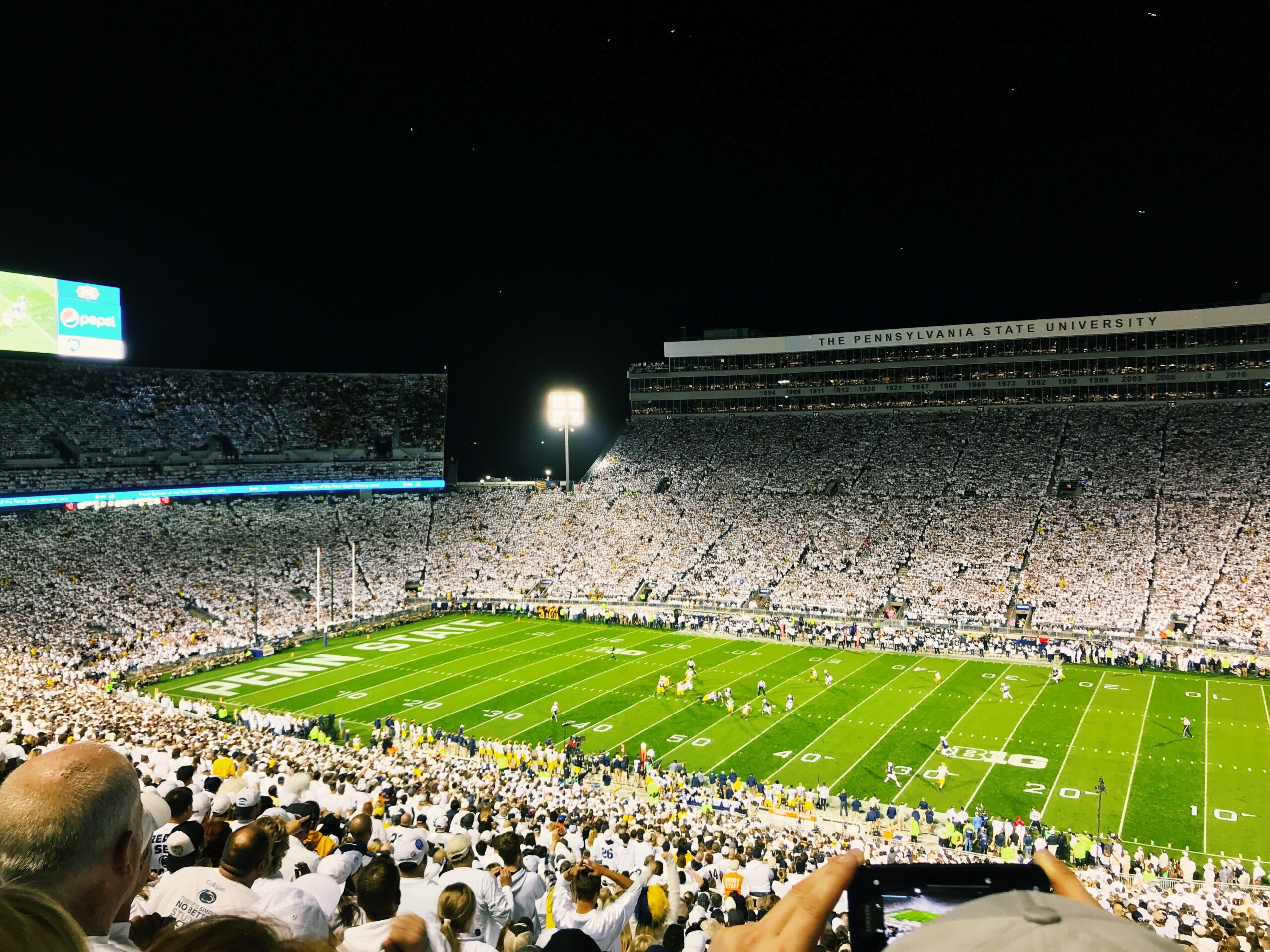
Several years ago, government officials began investing in large projects designed to increase tourism, attract conventions and events to their region, and monetize existing public assets. Economic vitality in every part of the country is a high priority, and the competition is extremely keen. Now, federal programs are supporting these types of initiatives because of job creation and the boost to overall economic development that is critically important to America.
Now, throughout the U.S., cities and counties are launching, or preparing to launch, new entertainment venues, convention centers, sports complexes, racetracks, new parks with camping facilities, and other types of attractions. For example, city leaders in Tulsa, Oklahoma, will invest $800 million in a new convention center and an adjoining hotel. After a feasibility study pointed to a loss of $187 million in economic activity since 2018, the decision to make such an investment was easy to justify. The study credited the loss to a lack of hotel space for conventions and a hotel facility that would be attractive to organizers of large gatherings. City leaders in Nashville, Tennessee, will invest $2 billion to redevelop the city’s East Bank and state fairgrounds.
Research shows that factors such as the accessibility to an airport from the downtown area affect whether cities can easily draw visitors. And a city’s reputation regarding events is influenced significantly by the quality of its physical spaces and entertaining offerings. Numerous federal funding programs support projects like this, but many city and county projects are being launched with local funding instead. The following are some examples of upcoming projects.
Penn State University in University Park, Pennsylvania, plans to renovate Beaver Stadium, a football field that can seat 100,000 spectators. The total cost of the upcoming project is projected to be $700 million. The work will first focus on rebuilding the stadium’s west side and then adding new suites and seats, upgrading the concession area and providing other amenities. The renovation project is currently in the design phase and construction solicitations will be released in 2024.

Beaver Stadium, Penn State, Photo by Alex Korolkoff on Unsplash
The Detroit Historic District Commission in Michigan approved plans in September to expand the Detroit Music Hall. The renovation project carries a price tag of $122 million. This expansion of the music hall follows the completion of an extensive feasibility study that was conducted earlier this year. The project will include a multipurpose music center in the heart of downtown Detroit’s music district. It will also have a 24,000-square-foot state-of-the-art concert hall, extending the current seating capacity by another 1,900 seats. A 200-seat recital hall will be constructed along with recording and practice studios, office spaces and a public welcome center. Enclosed aerial walkways will bridge the gap between the original facility and the new Music Hall Center. Solicitations have not yet been issued, but they should be released soon since the project is scheduled for completion in the fall of 2026.
The city of Cary in North Carolina is planning a massive, $75 million community sports complex as part of a larger strategic plan to solidify Wake County as a sports tourism destination. The new indoor sports complex will be designed to host youth, collegiate and recreational sporting events and serve as a community gathering place. Its conceptual design will include a four-story building with 12 basketball courts, conference, exhibit space and a multi-use E-sports arena. Conceptual plans also have dedicated space for seniors, a large commercial kitchen area, and an elevated walking track. Wake County contributed $75 million in grant funding for the sports complex project which is scheduled for completion by 2027.
At the cost of $600 million, a new Tennessee Performing Arts Center (TPAC) will be constructed in Nashville. The current TPAC, located in the James K. Polk Cultural Center, is 50 years old and the facility is costly to maintain. The plan to build a new TPAC is part of a larger initiative to revitalize the East Bank in Nashville. Plans are also being discussed for the construction of a new Tennessee Titans stadium. In October, the State Building Commission approved $200 million, and state officials will also include another $300 million in the 2024-2025 budget. Another $100 million in funding will be contributed by the TPAC. The new facility will increase the current audience capacity size by 33%. The project’s final construction plans are still being determined.
In Jefferson City, Missouri, city officials have announced plans to construct a new conference center with an accompanying 200-room hotel located in the downtown area. A new parking garage is planned as well. A total cost projection has not yet been estimated, but it will be considerable because of the three new structures. A developer will be chosen in early 2024 and construction will be underway by 2025. The conference center will be a 36,000-square-foot facility with meeting space, ancillary circulation, storage and a large kitchen. When complete, it will offer space for seminars, conference events, conventions, tradeshows, banquets, weddings and award ceremonies. The hotel will feature a rooftop bar, restaurant, dining facilities, a fitness center, courtyard and pool. The parking garage will provide 750 parking spaces and the land surrounding the conference center and hotel will be developed for mixed-use and retail.
Now is the time for interested parties to visit with public officials about potential collaborations. Private sector expertise will be in high demand for these types of projects.
